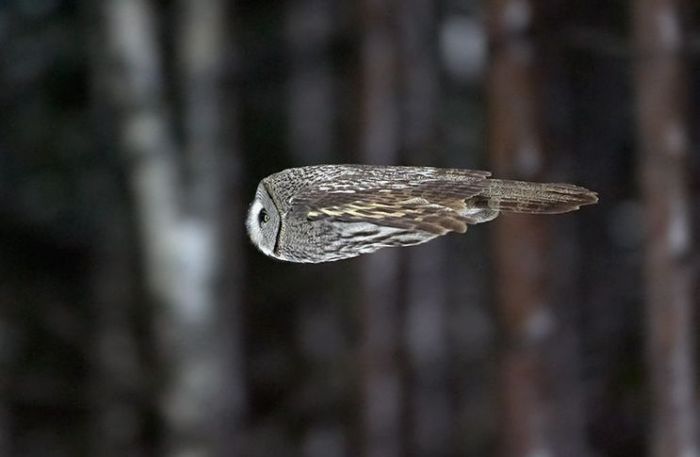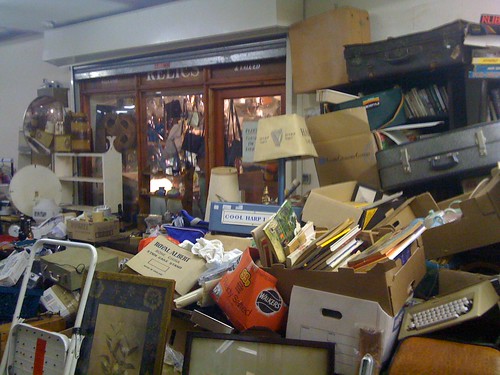At The Bay Tree
A few weeks ago I was stopping in at the Bay Tree, my Sunday morning oasis of coffee on my way to church, and business was slow. A couple of gents had come in to order coffee to take away, and I was waiting behind them to pay for the nutritious start to my morning, when the more gregarious of the two turned and addressed me. “Have you ever seen weather like this?” gesturing at the snowy sidewalk. I allowed that I hadn’t seen the like in Glasgow, although my sample size was relatively small. I had in fact seen wondrous blizzards when feet of snow fell, on top of a foot or more already on the ground — back in the States. “Oh, when’d you come here?” he asked. “Just September.” “From the States?” “Yes, indeed.”
“Did you understand what we were saying?” To this I had to admit that I would only have been able to puzzle out about half of the conversation (not that I’d been listening in). Their colloquy had fallen into the part of my consciousness to which I assign pleasant-sounding auditory static that I can’t figure out, apart from a word here or there.
“Well listen, the first thing to learn is to say, ‘Och aye, the noo.’” I know that nobody here says that; plenty of people say “Och, aye,” and occasionally people use “the noo” to refer to the present moment, but somehow “och aye, the noo” has become a stereotyped representation of Glaswegian patter. Rather than quibble with him, I made a few feeble efforts, and when he was satisfied he demanded to know why I was out early on a Sunday morning. I pointed out that I was on my way to church.
“Say a prayer for us, then,” he said, and introduced himself as Alan. I agreed to, and was about to leave, when he pressed his card into my hand. “Alan Marsh, pleased to meet you.”
Apparently Alan is something of a media person. His card shows a picture of him evidently from a production about Greyfriars Bobby (one imagines he played Bobby’s master, not the terrier himself); his IMDB entry indicates that he’s made walk-on appearances in a number of shows, of which I recognized the Glasgow detective program Taggart; he has made a YouTube video from stills of himself with some of the celebrities he has met (if I’m not mistaken, he’s kissing SuBo toward the middle of the sequence); but most of all, I like the portrait of him from the photographer’s Flickr site.

